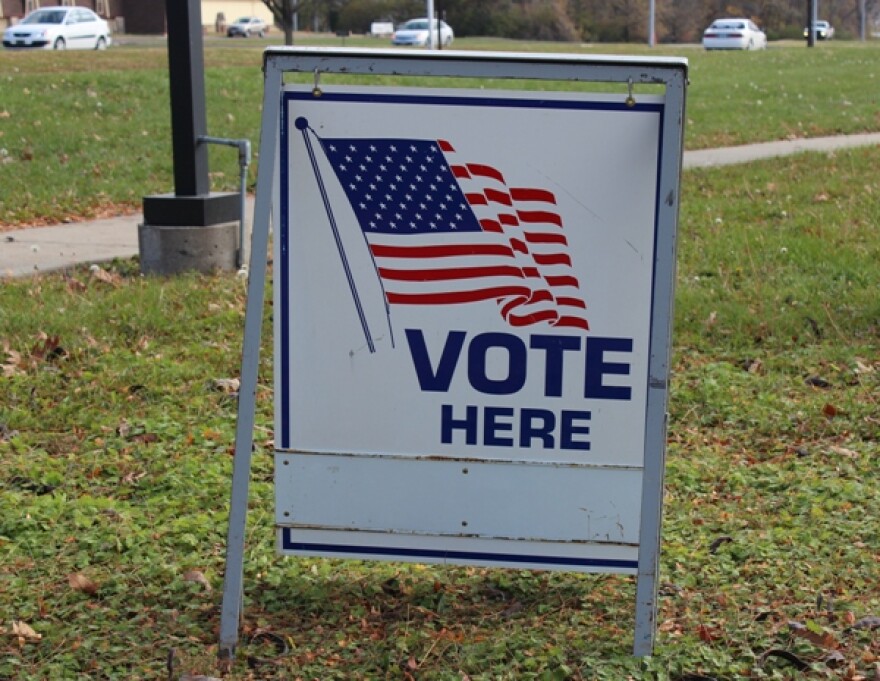Updated at 10 a.m. March 4 —As the race for the Democratic presidential nominee narrows, Missouri voters will weigh in on Tuesday with their preference.
While most of the attention is focused on the heated Democratic primary, voters can choose to cast a ballot for the Republican, Libertarian, Green or Constitution party nominee. Here’s what you need to know about your vote.
Who is on the ballot?
Here’s what the ballots will look like:
- Republican Party: Some states have canceled their GOP nominating contests, including Kansas. Missouri voters will be able to cast a ballot for President Donald Trump or one of his four challengers.
- Democratic Party: More than 20 contenders are on the ballot. More than half of the candidates listed have dropped out.
- Libertarian Party: Jacob Hornberger is the sole candidate.
- Green Party: Three candidates are vying for the nomination.
- Constitution Party: Two candidates are on the ballot.
Do I need to register my party affiliation?
Nope! Missouri’s primary is open, meaning you don’t have to declare your party affiliation ahead of time. Just show up to your polling place and ask for the party ballot you want.
How many other states are voting Tuesday?
Five. So expect campaigns’ attention to be divided, with a lot of focus on Michigan, a swing state with 125 delegates, and Washington with 89.
How many delegates does Missouri have for each party?
Democrats have 68 pledged, 10 at-large (or superdelegates). Republicans have 54 delegates.
What happens after I vote?
Democratic delegates are allocated proportionally to the vote. Candidates have to meet a 15% vote threshold to get delegates. Pledged delegates are bound by the election results.
Republican delegates are winner-take-all if a candidate secures more than half of the votes.
Who have Democrats supported in the past?
Missouri’s Democratic presidential primary has been competitive in previous elections. In 2016, Hilary Clinton squeaked out a win over Bernie Sanders by less than 2,000 votes. The 2008 primary was also close, with Barack Obama beating Clinton.
History of Missouri's Democratic Primary
Where do I vote?
You can find your polling place on the Missouri Secretary of State’s website. Polls are open from 6 a.m. to 7 p.m. (although if you are in line at that time, you will be able to cast your ballot).
Do I need to bring anything to the polls?
Bring some form of identification like a driver’s license, passport, college ID, utility bill, bank statement, paycheck or government check. The Secretary of State’s website has more information on what counts; unlike previously, you will not need to sign an affidavit if you don’t provide a passport or government-issued ID.
If you don’t have an ID, you can cast a provisional ballot, which will count if the signature matches the one on your voter registration record or if you come back to the polling place with a photo ID.
I’m still making up my mind.
Politico has a handy voter guide to sort by candidates or issues like health care and taxes.
Editor's note: This story has been updated throughout to reflect that the Missouri Democratic Party has canceled its candidate forum that was set for Sunday.
Aviva Okeson-Haberman is the Missouri government and politics reporter at KCUR 89.3. Follow her on Twitter: @avivaokeson .
Copyright 2020 KCUR 89.3. To see more, visit . 9(MDA1MjI2NzUxMDEyNzQyMTY5MjQ2YzkwNA004))

